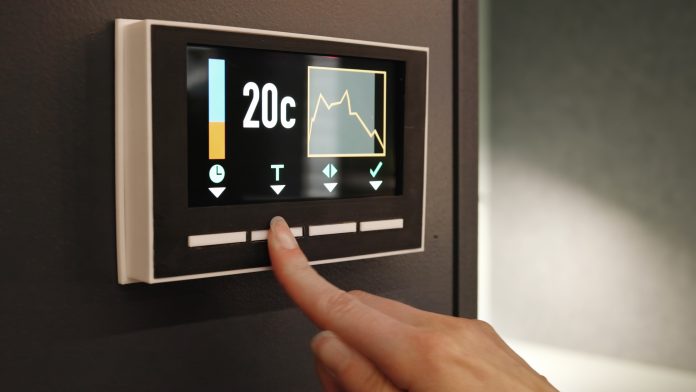The UK Government has announced plans to create heat network zones in six towns and cities across England
These plans how to provide businesses and building owners with access to low-cost, low-carbon heating.
Where will these plans take place?
The selected areas are Leeds, Plymouth, Bristol, Stockport, Sheffield, and two locations in London, which will benefit from a share of £5.8 million in government funding. The funds will support the development of heat networks that use new technologies to recycle excess heat generated from local industries, such as data centres and glass manufacturing.
Heat networks operate by distributing heating from a centralised source to multiple buildings, making them an efficient and cost-effective solution for urban heating challenges. For example, the heat network in Old Oak and Park Royal will use excess heat from data centres, while Leeds will use heat from a nearby glass factory. This will reduce waste and also lower energy bills for connected businesses and residents.
A greener future
These new zones are expected to create tens of thousands of green jobs as part of the government’s plan to enhance energy security and reduce carbon emissions.
These zones are expected to create tens of thousands of green jobs as part of the government’s broader strategy to enhance energy security and reduce carbon emissions. Opportunities will appear in various sectors, including engineering, manufacturing, planning, and construction, all vital for implementing these innovative heating solutions.
Establishing heat network zones is important in the UK’s journey toward achieving net-zero emissions by 2050. By focusing on areas with suitable buildings, like hospitals, universities, hotels, and large office complexes, these projects will demonstrate how communal heating can effectively serve urban populations.
Construction is expected to begin in 2026. The outcomes of these pilot projects will inform future initiatives aimed at reducing energy costs and increasing energy independence. The insights gained will help refine the technology and guide the government in scaling up heat networks across other regions.
The UK aims to create a more sustainable energy system by using excess heat and promoting collaboration between the public and private sectors.











